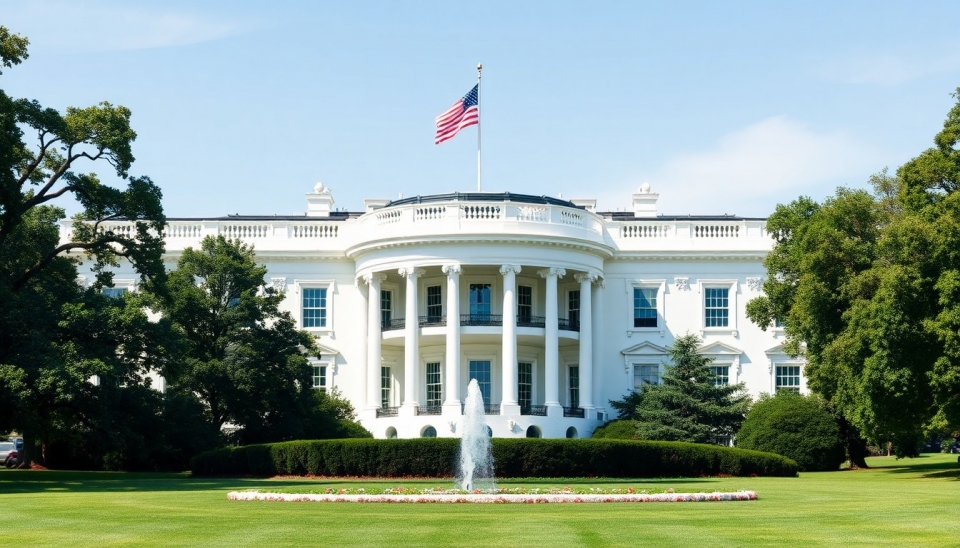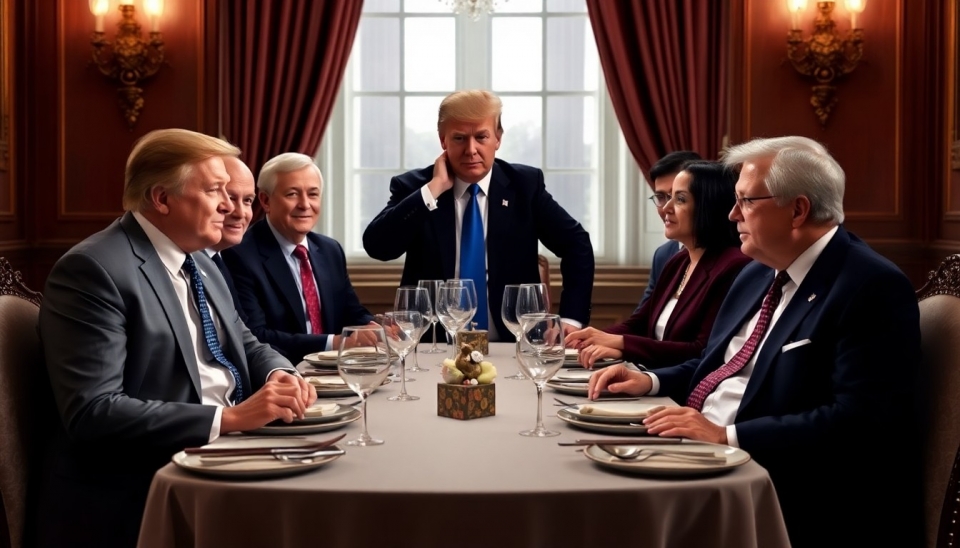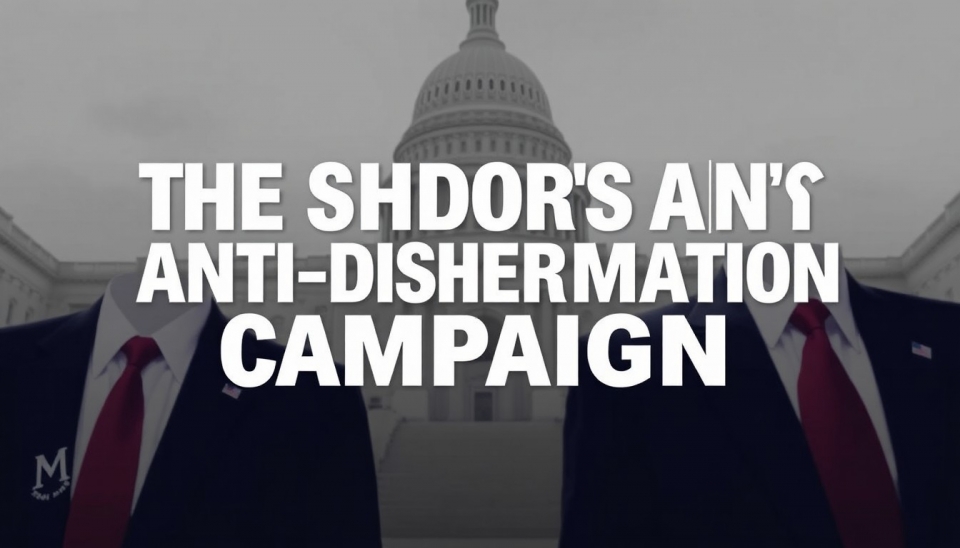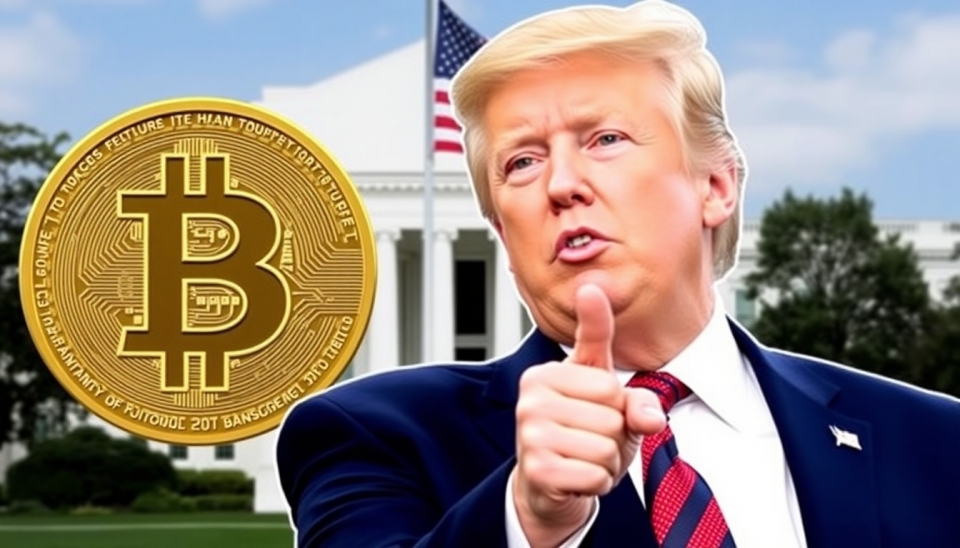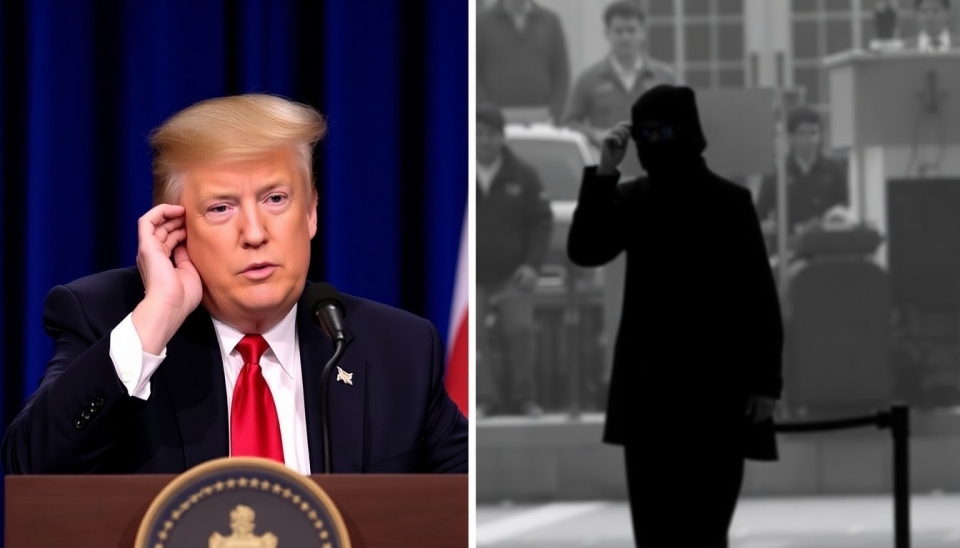
In a recent statement, former President Donald Trump downplayed the escalating concerns regarding the potential for China to utilize the popular social media platform, TikTok, as a tool for espionage against American users. His remarks come amid heightened scrutiny over Chinese technology companies and their ties to the Beijing government, which have raised alarms over data privacy and national security.
During a press briefing, Trump asserted that the fears surrounding TikTok's surveillance capabilities may be overstated. He suggested that the American public should not be overly concerned about the vast amounts of data that TikTok collects from its users. Trump emphasized that the app remains a leading platform for entertainment and social connection, particularly among younger demographics, and that banning it would have significant cultural repercussions.
Trump's comments stand in stark contrast to the opinions held by many lawmakers and security experts in Washington, who have expressed serious concern regarding the reach of TikTok's parent company, ByteDance, into the personal lives of American citizens. These experts argue that the platform’s data collection practices pose risks, given the Chinese government’s ability to enforce data-sharing with state entities.
Furthermore, the former president's remarks also highlight a recurring theme in his rhetoric regarding technology and privacy. Throughout his presidency, Trump often focused on economic competition with China, frequently declaring a need to curb Beijing's influence over American businesses and social media landscapes. Critics, however, argue that his current tone appears to minimize the genuine threats posed by foreign adversaries in leveraging technology for surveillance and other malicious purposes.
As discussions surrounding the security implications of TikTok continue among policymakers, Trump's remarks could influence the ongoing debate about potential legislation aimed at regulating or banning the app. The issue reflects broader anxieties surrounding data privacy in the contemporary digital age, where personal information is often commodified and exploited by both private corporations and foreign governments.
While current investigations and hearings on TikTok persist, it remains unclear what direction U.S. policy will take in addressing these concerns. For now, Trump's downplaying of the issue adds a complex layer to the already contentious discourse surrounding surveillance, privacy, and the future of American social media.
As the conversation develops, observers are keen to see how different stakeholders, including U.S. lawmakers, tech industry leaders, and the public, will react to the former president's unorthodox stance on this significant issue.
#Trump #TikTok #China #NationalSecurity #SocialMedia #DataPrivacy #Espionage
Author: Emily Collins
